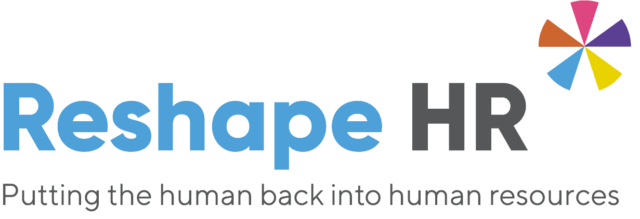The Equality Act 2010 protects us all by making it against the law to discriminate against or harass someone because of a protected characteristic.
It is likely without knowing, that you may be working alongside an employee with a protected characteristic and therefore it’s important to ensure that an employee isn’t treated less favourably because of a protected characteristic.
If an employee feels they have been treated unfairly or have been discriminated against with any of the below, it may result in a grievance which may later proceed to a potential tribunal claim, this is not taking into account, any criminal and internal investigations which may arise separately.
Therefore, it is important to ensure to create a working environment which thrives upon collaboration and is free of any harassment or bullying.
The nine protected characteristics as identified by the Equality Act 2010 are:
- Age – Age discrimination is treating an employee less favourably because of their age and can affect other employees of a similar age, or within a range of ages.
- Disability – If you are disabled, the Equality Act protects you from discrimination. It also requires employers and service providers to make reasonable adjustments to address the disadvantages you might face.
- Gender Reassignment – You must not be discriminated against because you are transitioning, or intend to transition from your sex assigned at birth. To be protected from gender reassignment discrimination, you do not need to have undergone any specific treatment or surgery.
- Marriage or Civil Partnerships – You must not be discriminated against at work because you are married or in a civil partnership, whether your partner is of the same or the opposite sex.
- Pregnancy and Maternity – The Equality Act protects women from being discriminated against because they are pregnant, including due to pregnancy-related illness, or if you are a new mother. Protection from discrimination at work extends to the period of maternity leave. Outside of work it lasts for six months after giving birth.
- Race – The Equality Act protects you from discrimination because of race. Race means your colour, your nationality, your ethnicity, or your origins. A racial group can be made up of more than one distinct racial group, such as Black British.
- Religion or Belief – You must not be discriminated against because of your religion or belief, or because of a lack of a religion or belief. Generally, a belief should affect your life choices or the way you live for it to be included in the definition.
- Gender – This refers to being a man or a woman. You must not be discriminated against because of your gender. Sexual harassment also falls under this protected characteristic and is ‘any unwanted conduct of a sexual nature or other conduct based on sex’.
- Sexual Orientation – Whilst it is important not to put people into boxes, the relevant legislation is in place to ensure law has meant that we need to look at equality in terms of certain headings. If you are treated worse because someone thinks you belong to a group of people with protected characteristics, this is classed as discrimination.
Here’s a fun stat…or so not fun stat:
According to the report by the Ministry of Justice, Employment Tribunal statistics – a total of 93,817 claims were completed for the period January to March 2019, with 9,383 of these claims being heard before an Employment Tribunal.
Of those 9,383:
- 8,445 claims were successful (won by the employee)
- Only 938 claims were successfully defended by the employer, putting the employer national average win rate at just 10%
In 2019/20, sexual orientation discrimination claims received the largest average award (£28,000) compared to other discrimination jurisdictions. The highest maximum award in 2019/20 was for disability discrimination, at £266,000.
Therefore, it is vital for businesses to ensure that they have an equality and diversity policy to ensure that the workplace is fair and accessible to everyone. This ensures that everyone at the workplace is treated as equals.
Whether you require HR advice or Payroll support, Reshape HR is here to assist.
Our HR advice and service is purely tailored to the needs of your business. So whether you are looking for HR support or simply looking to run something past us, please do get in touch with us via:
T: 0141 471 5510
E: info@reshapehr.com
W: reshapehr.com










